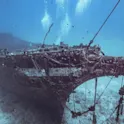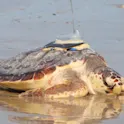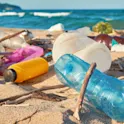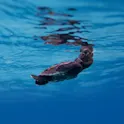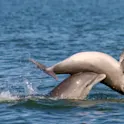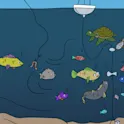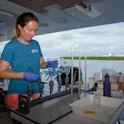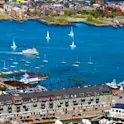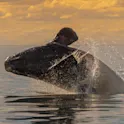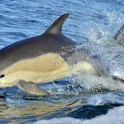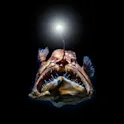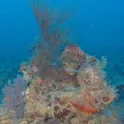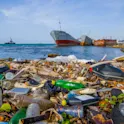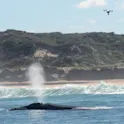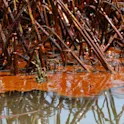
Earth science
09 Aug 2022
Traces of 2010 Deepwater Horizon oil spill still detectable in 2020
By K.E.D. Coan, science writer Image: Breck P. Kent/Shutterstock.com Small amounts of highly weathered oil residues from the 2010 Deepwater Horizon disaster were still present in the surroundings ten years later, shows a new report. Crude oil is a complex mixture with many components that undergo chemical reactions in the environment. These transformed chemicals, as well as longer persisting oil products, can impact local ecosystems and a better understanding of the fates of these molecules can help future clean-up efforts. The oil spilled during the Deepwater Horizon disaster in 2010 was largely transformed by the end of that summer, reports a new study in Frontiers in Marine Science. But some small quantities of chemical residues still persisted in the environment even ten years later. This latest study follows the varied fates of the leaked petroleum components, providing important insights for future spills and clean-up efforts. “The better we understand the chemicals and their chemical reactive properties as well as their physical properties, the better we will be able to mitigate oil spills and understand and detect environmental damages from oil spills,” said first author Prof Edward Overton of Louisiana State University. “Our paper describes the most abundant chemicals that make […]
